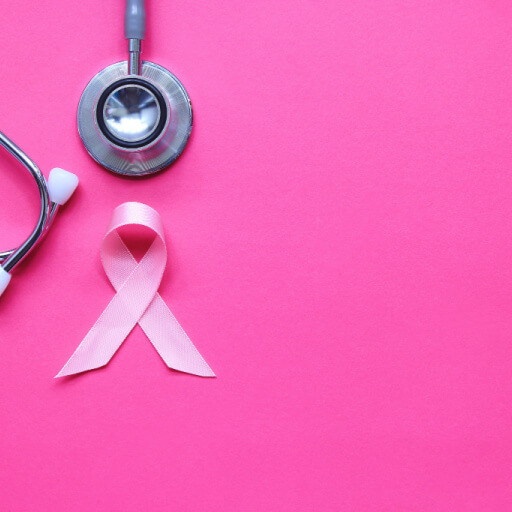The month of September is designated as Blood Cancer Awareness Month to spread awareness and support patients diagnosed with this condition. Of all blood cancers, leukemia, lymphoma, and multiple myeloma are the three most common types affecting the Indian population.
What you need to know:
Blood cancer endangers our blood cells, which give us energy, help fight infections, and prevents excessive bleeding. Blood cancer affects how your body produces cells and how well it functions. Most blood cancers start in the bone marrow. This is where stem cells form, mature, and become red blood cells, white blood cells (WBCs), and platelets.
When DNA changes or mutates, it gives new instructions to your cells, because of which your body develops abnormal blood cells that grow and multiply faster than the normal ones. Due to this, normal blood cells are caught amidst abnormal cells, which monopolize space in the bone marrow. With time, the bone marrow produces fewer normal cells, which also impacts their essential task of fighting infection, carrying oxygen throughout the body, and controlling bleeding.
What are the different types of blood cancer?
Here are the different types of blood cancer:
- Leukemia – Leukemia affects the white blood cells. Abnormal rapid production of WBCs impairs the body’s ability to fight against infection and the bone marrow’s ability to produce red blood cells and platelets.
- Lymphoma – Lymphoma is a type of blood cancer that affects the lymphatic system. Lymphocytes are white blood cells that fight against infections. The abnormal lymphocytes become lymphoma cells which multiply and get collected in the tissue. There are two types of lymphoma – Hodgkin’s and non-Hodgkin’s lymphoma. Hodgkin’s lymphoma affects the B-cells and primarily occurs in adolescence or the elderly. Non-Hodgkin’s impacts the B-cells and T-cells (these are white blood cells of the immune system responsible for adaptive immune response in an organism).
- Myeloma – Myeloma is the cancer of the plasma cells, which prevents the function and production of antibodies, thereby leaving a weak immune system.
Symptoms of blood cancer
Here are some symptoms of blood cancer are:
- Unexplained weight loss
- Unexplained bruising and bleeding
- Lumps or swelling
- Drenching night sweats
- Shortness of breath
- Pain in your bones, joints, or abdomen

Blood cancer can be diagnosed with many diagnostic methods and clinical evaluations, such as blood tests, bone marrow tests, karyotyping, and molecular analysis. Due to an advancement in the medical field, blood cancer has a high curability rate.
Treatment of blood cancer
Several treatments can be applied depending on the type of blood cancer you have.
- Bone marrow transplant is a procedure to replace damaged or destroyed bone marrow. Healthy stems are used to replace the cancer-affected cells.
- Chemotherapy treatment involves using certain chemicals to kill cancer-causing cells in the patient’s body. In some patients, a stem cell transplant is provided along with chemotherapy.
- Radiation therapy uses high-energy beams to destroy cancer cells in the affected areas of the body. This treatment is beneficial for people with lymphoma.
- Immunotherapy uses the body’s immune system to fight blood cancer by slowing down the growth of cancer cells.
This Blood Cancer Awareness Month, take the necessary steps to lead a healthy lifestyle and prevent the risk of lifestyle conditions. Stay active in the Activ Living Community to find more details on fitness and mindfulness.





 1800-270-7000
1800-270-7000












